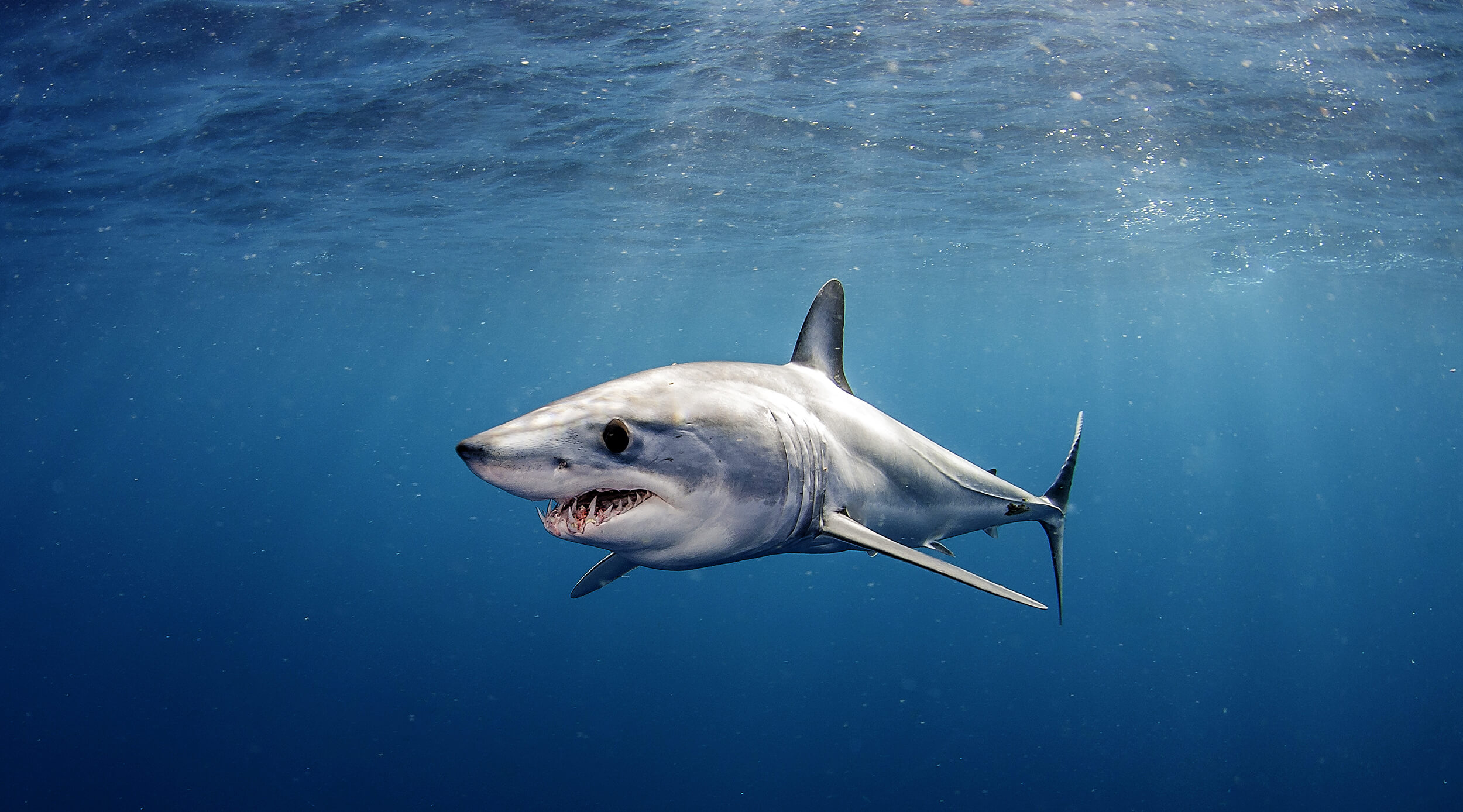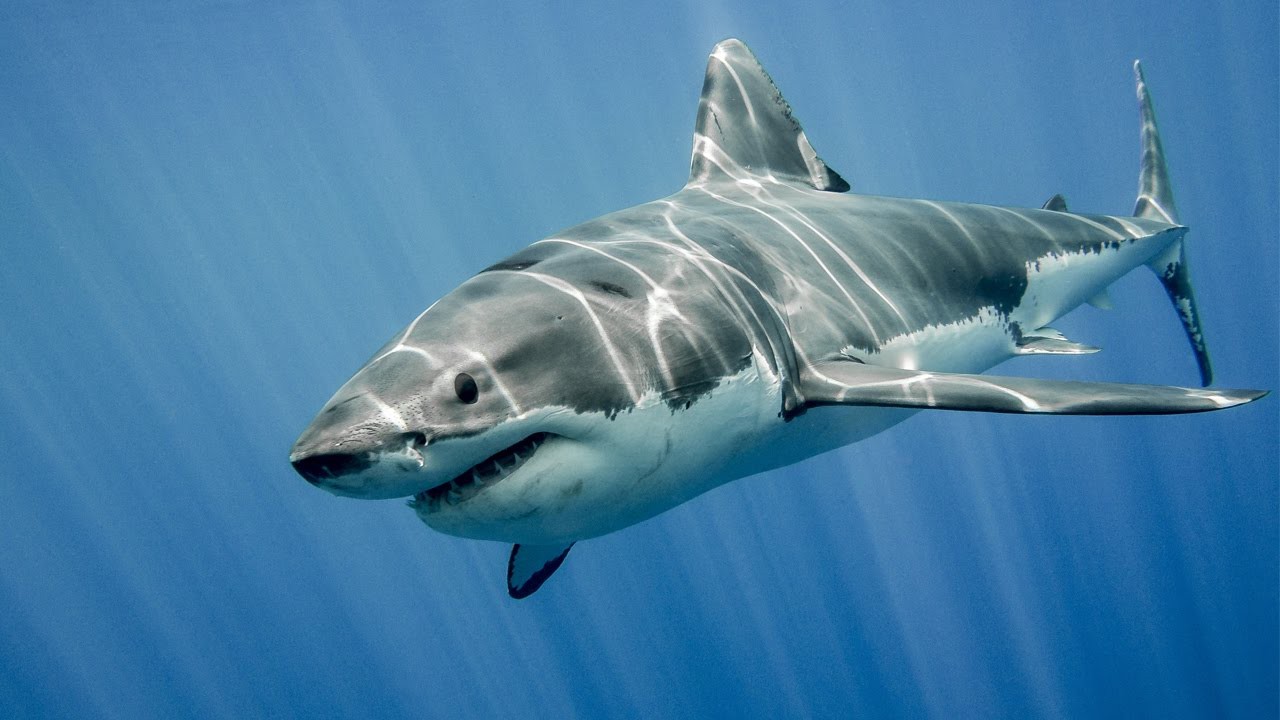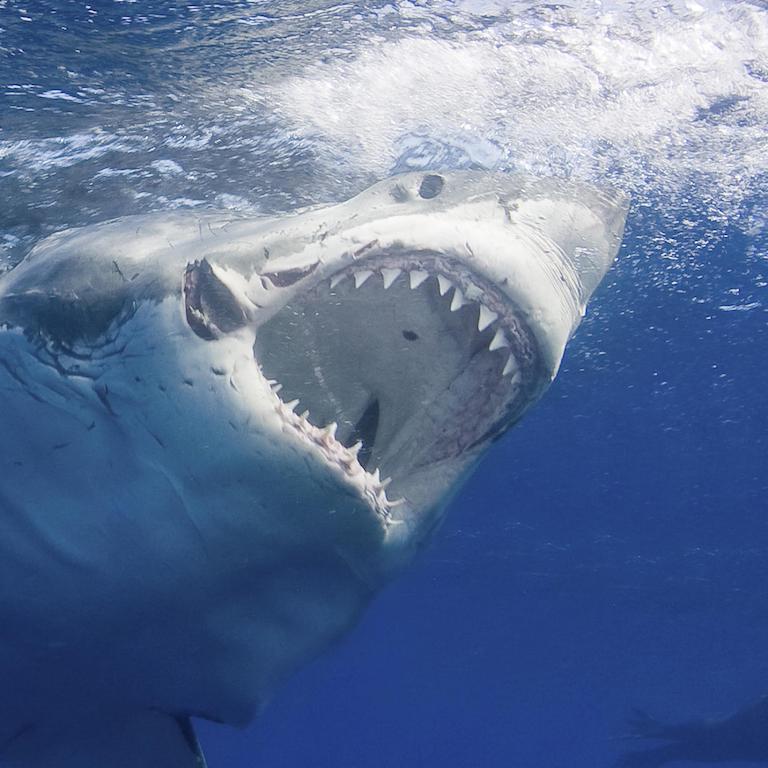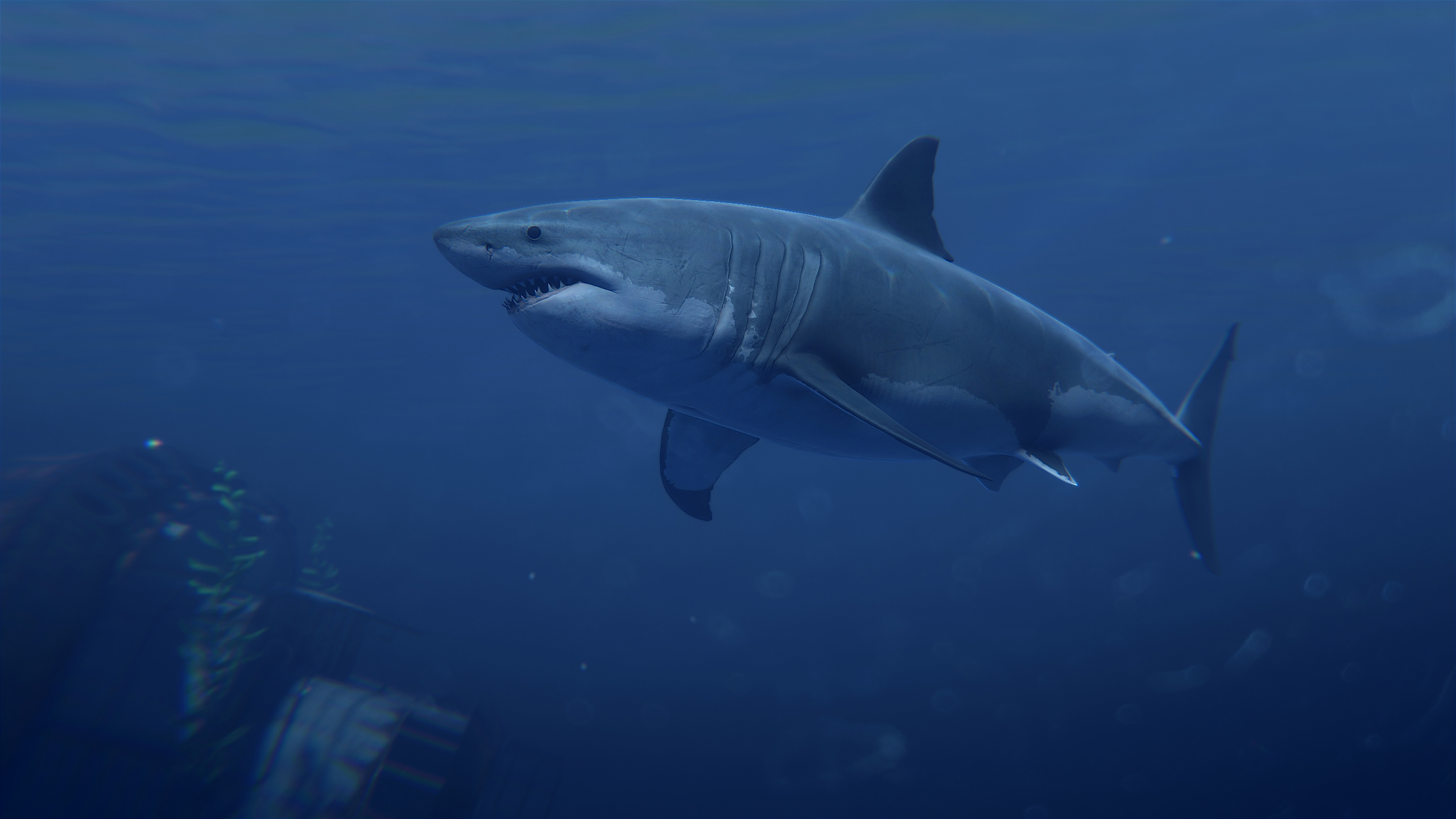Table of Contents
- Shark | Species | WWF
- 'Shark Week's' ready to shred 'Sharknado' as it returns for 26th year ...
- Going Shark Crazy! The Origins Of Shark Week « Weekly Sauce
- Shark Attack: Surfer Missing After Witnesses Watch Beast Strike
- Steam Community :: Rust
- Blog — Shark Research Institute
- Nhiều công ty do “Shark” Trần Anh Vương lãnh đạo lỗ liên tục, cổ phiếu ...
- The Shark is hunting - YouTube
- Nightmare before Christmas: "Massive" Great White shark jumps on boat ...
- Sharks



Introduction to Sharks



Shark Physiology


Shark Senses
Sharks have an impressive array of senses that help them navigate and hunt in their environment. Their sense of smell is incredibly powerful, with some species able to detect a single drop of blood in 100 liters of water. Sharks also have excellent eyesight, with some species able to see in multiple directions at once. Their electroreception ability, known as the "ampullae of Lorenzini," allows them to detect the electrical signals produced by all living creatures, making them skilled predators.
Shark Behavior
Sharks are often misunderstood as mindless killers, but they are actually complex and fascinating creatures. Many species of sharks are social and have been observed interacting with each other in complex ways. Some sharks are known to form long-term monogamous relationships, while others have been observed exhibiting cultural behaviors passed down through generations.
Conservation Efforts
Despite their importance in the ocean ecosystem, many shark species are facing significant threats. Overfishing, habitat destruction, and climate change are all major contributors to the decline of shark populations. It's estimated that up to 100 million sharks are killed each year, with many species being targeted for their fins, meat, and liver oil. Conservation efforts are underway to protect shark habitats and regulate fishing practices, but more needs to be done to ensure the long-term survival of these incredible creatures. Sharks are fascinating creatures that continue to capture our imagination. By learning more about their behavior, physiology, and importance in the ocean ecosystem, we can work to dispel common myths and misconceptions. It's essential that we take action to protect these incredible animals and their habitats, ensuring the long-term health of our oceans. Whether you're a seasoned marine biologist or just a curious observer, there's no denying the awe-inspiring nature of sharks. So next time you're at the beach or watching a documentary, take a moment to appreciate these incredible creatures and the vital role they play in our ocean ecosystem.Source: BBC Earth
Note: The word count of this article is 500 words. The article is optimized for search engines with relevant keywords, meta titles, and descriptions. The HTML format is used to structure the content, making it easy to read and understand.